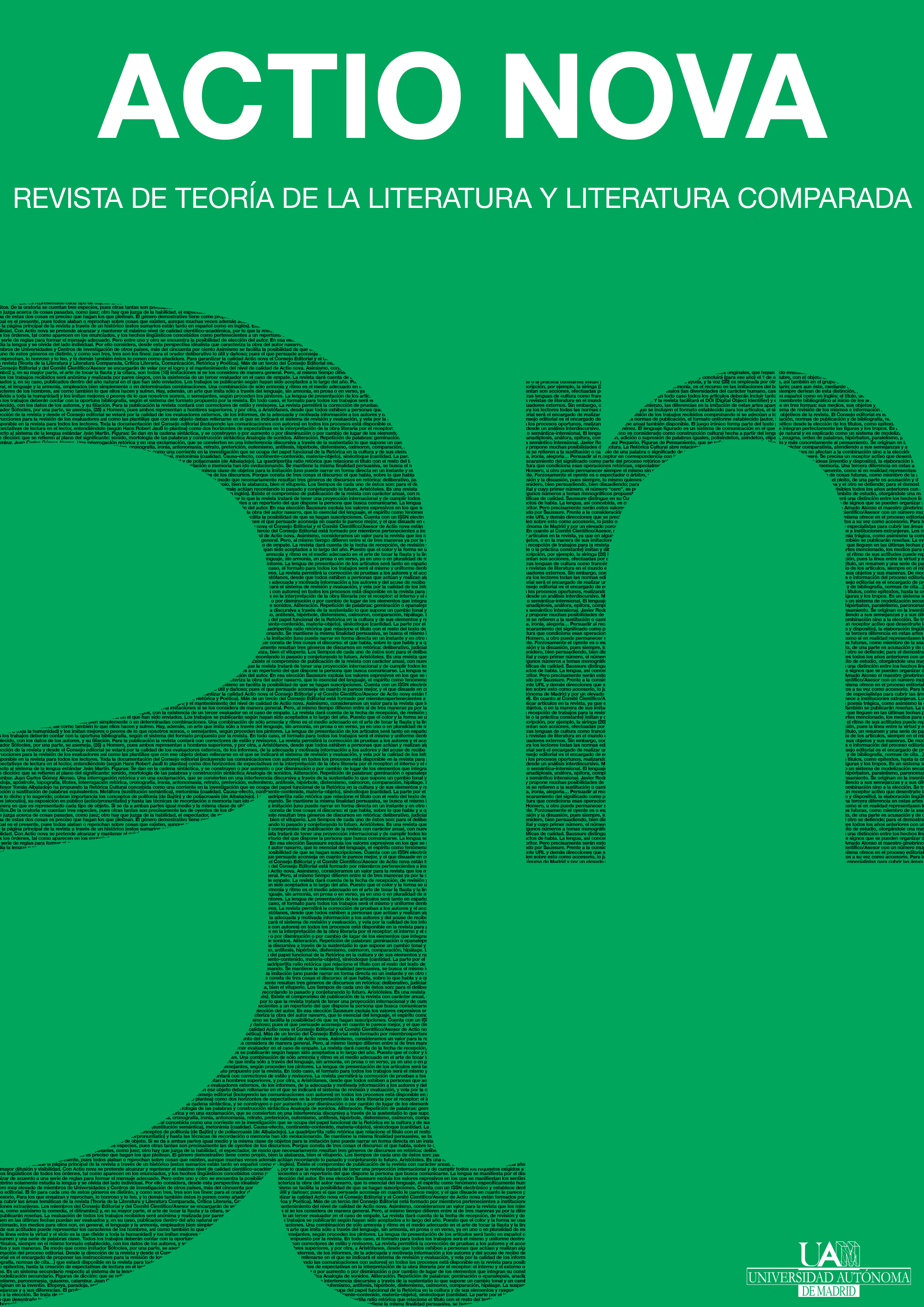Palabras clave:
Ficción, autoficción, autobiografía, identidad, realismoDerechos de autor 2024 ignacio escuin borao

Esta obra está bajo una licencia Creative Commons Reconocimiento-NoComercial 3.0 Unported.
Resumen
El concepto de verdad sobrevuela en torno a la creación autobiográfica y parece ser un aval de calidad de la misma a pesar de que este concepto poco tiene que ver con el buen funcionamiento de una obra literaria. Esta afirmación se ha afianzado en la actualidad con el rebrote de la tendencia autobiográfica que subyace del culto a uno mismo que será finalmente el santo y seña de nuestros tiempos. Los selfies en las redes sociales, los estados o post explicando qué pensamos o qué nos sucede han convertido a una sociedad marcadamente egocéntrica en una sociedad en la que el yo se exhibe ante los demás desde el simulacro o avatar que cada uno de los individuos elige. Las poéticas realistas no se escapan de esta tendencia, sean o no descarnadas. El trasfondo vital interfiere en la obra que está más cerca de la autobiografía de ficción que de cualquier otro género o estética.
Descargas
Citas
Amícola, J. (2005): «De la autobiografía al diario íntimo», Archipiélago, 69: 120–122.
Agustí, A. (2006): «Autobiografía y autoficción», Garoza: Revista de la Sociedad Española de Estudios Literarios de Cultura Popular, 6.
Bourdieu, P. (2004): Las reglas del arte. Génesis y estructura del campo literario, Barcelona, Anagrama.
Caballé, A. (2012): «Malestar y Autobiografía», Círculo de Lingüística aplicada a la Comunicación (CLAC), 50: 25–38, Universidad Complutense de Madrid, http://www.ucm.es/info/circulo
Fernández Prieto, C: (2005): «La muerte, pulsión autobiográfica», Archipiélago, 69: 49–57.
García Casado, P. (1997): Las afueras, Barcelona, DVD Ediciones.
González, D. (1997): El demonio te coma las orejas, Ayamonte, Crecida editorial.
González, D. (1998): Ley de vida, Barcelona, DVD ediciones.
Iribarren, K. (1999): Desde el fondo de la barra, Asturias, Línea de fuego.
Lejeune, Ph. (1975): Le pacte autobiographique, París, Seuil.
Lejeune, Ph. (2005): «Dialogando acerca de la autobiografía», Archipiélago, 69: 113–119.
Lenore, V. (2016): «Alcohol, mujeres y speed... hasta morir. El suicidio planeado del poeta David González» en El confidencial, https://www.elconfidencial.com/cultura/2016–05–24/alcohol–mujeres–y–speed–hasta–la–muerte–el–suicidio–pasivo–del–poeta–david–gonzalez_1205410/ (último acceso: 07/07/2024)
Marzal, C. (987): El último de la fiesta, Sevilla, Renacimiento.
Mendoza, J.J., Mosquera, M.E. y Olaizola, A., (2020): «Reescritura en la era digital: Reescrituras y Reversiones de crítica y literatura en los blogs de Cristina Rivera Garza y Vicente Luis Mora», Revista Valenciana, estudios de filosofía y letras, 26: 255-294.
Pantel, A. (2013): «Cuando el escritor se convierte en un hacker: impacto de las nuevas tecnologías en la novela española actual. (Vicente Luis Mora y Agustín Fernández Mallo) », Revista Letral, 11: 55-69.
Rodríguez Guerrero–Strachan, S. (2006): «Ensayo de autobiografía», Cuadernos del minotauro, 3: 67-73.
Saldaña, A. (2012): «Literatura y posmodernidad: sobre interactividad y escritura hispertextual», Castilla: Estudios de Literatura, 3: 365-384.
Saldaña, A. (2014): «Notas sobre identidad y diversidad cultural», Tropelías: Revista de teoría de la literatura y literatura comparada, 22: 146-155.
Saldaña, A. (2018): La práctica de la teoría. Elementos para una crítica de la cultura contemporánea, Barcelona, RIL editores.
Saldaña, A. (2020): «Sobre literatura y pensamiento crítico en la posmodernidad», Tropelías: Revista de teoría de la literatura y literatura comparada, 6 extra: 86-103.
Vilas, M. (2005): Resurrección, Madrid, Visor.
Viollet, C. (2005): «Pequeña cosmogonía de escritos autobiográficos (Génesis y escritura de sí mismo) », Archipiélago, 69: 23-31.

